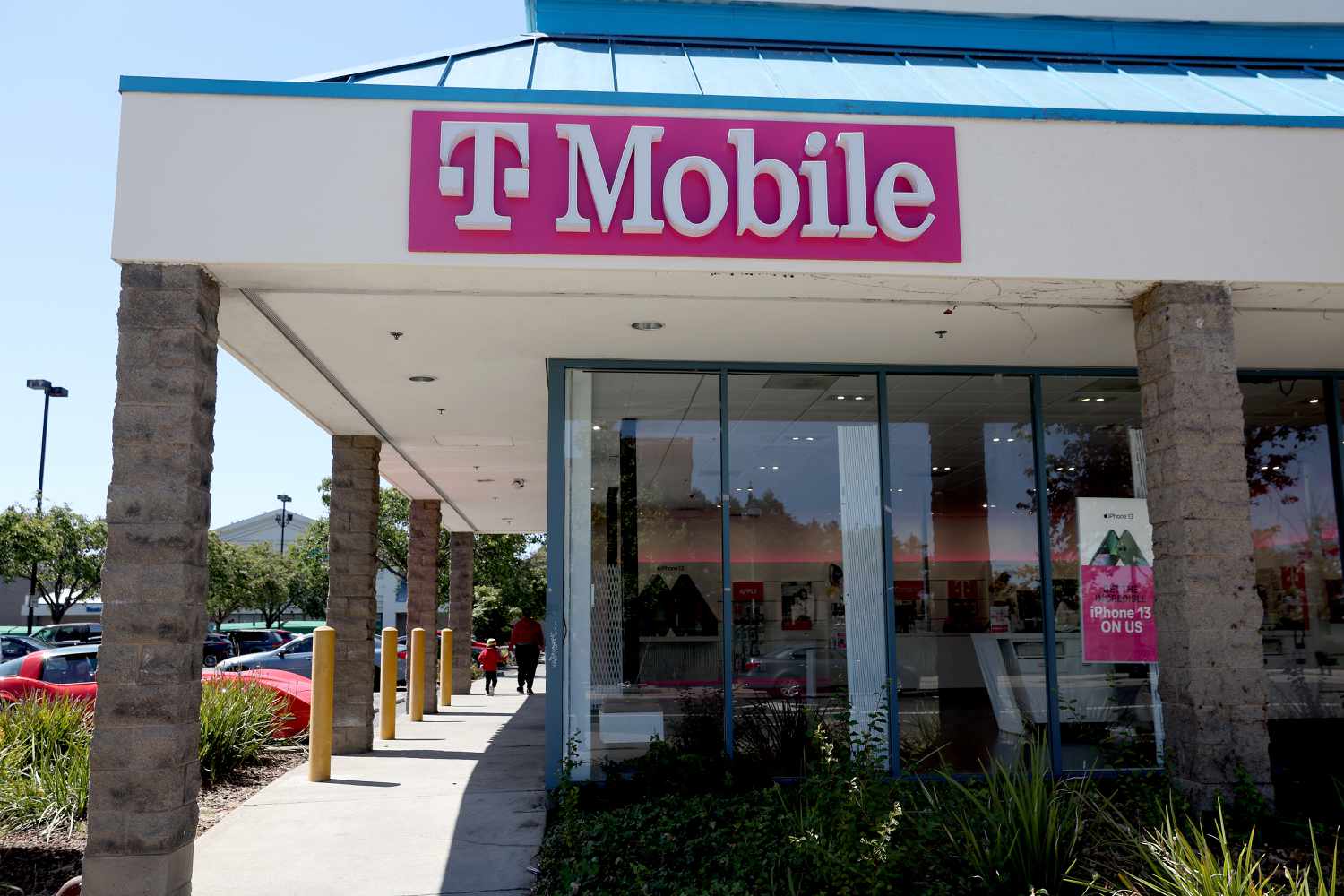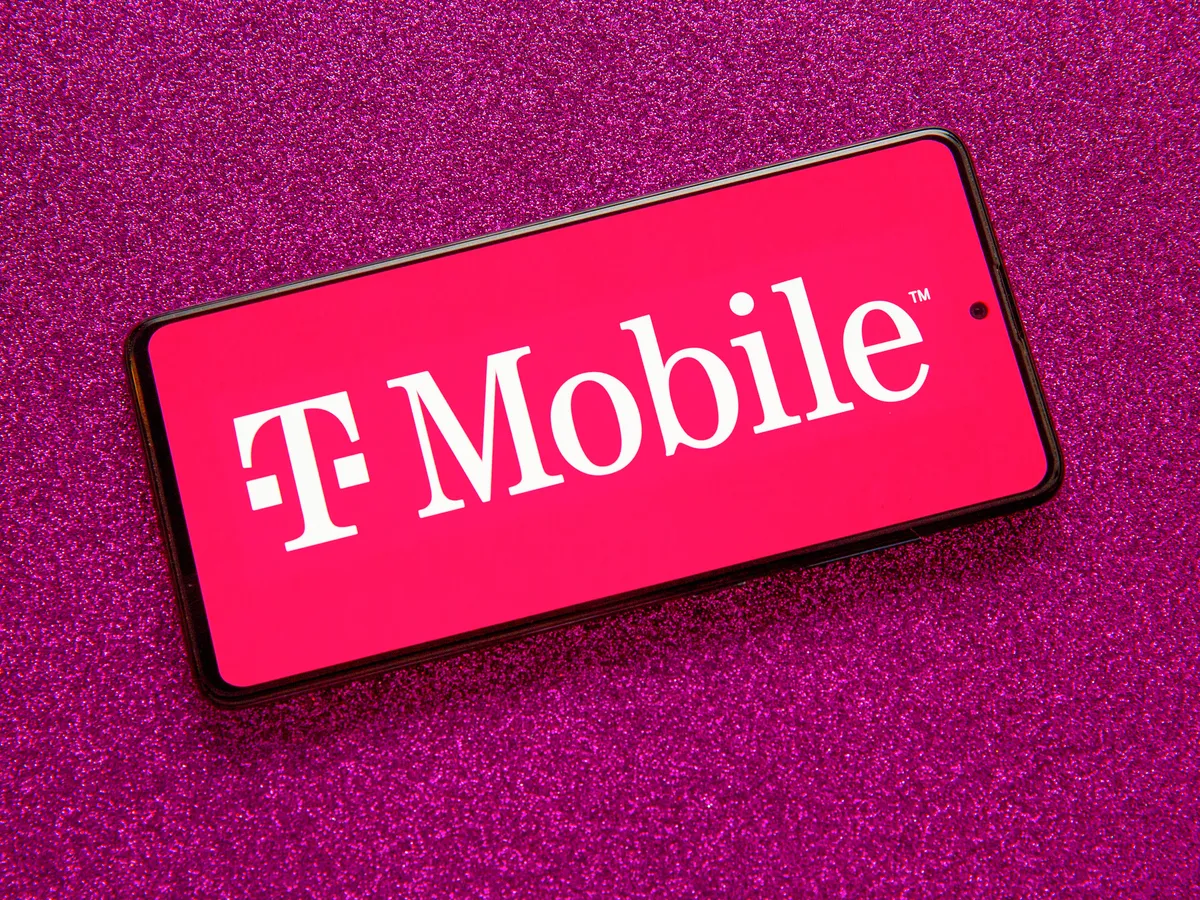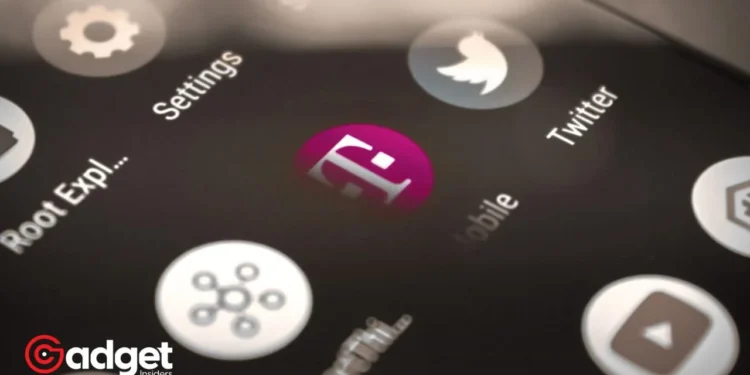In an era where smartphones and their myriad applications have become as essential to our daily lives as the air we breathe, the very notion that the reign of mobile apps might be drawing to a close seems unfathomable. Yet, T-Mobile, in collaboration with Qualcomm and Brain.ai, is poised to challenge the status quo with an innovative concept that could redefine our digital interactions.
The “T-Phone,” a device that promises a future devoid of traditional apps, utilizing artificial intelligence to cater to user needs, is not just a product; it’s a prophecy of a new direction in mobile technology.

The Evolution of Mobile Apps: T-Mobile
To appreciate the magnitude of T-Mobile’s vision, we must first acknowledge the journey mobile applications have embarked upon since their inception. It was back in 1997 when the world was introduced to the first recognized mobile app, the iconic Snake game on Nokia phones, marking the dawn of a new technological era.
This seemingly simple game set the stage for what would become an explosion of mobile app development, leading to the rich, diverse app ecosystem we rely on today.
Yet, as we stand on the cusp of another major shift, it’s imperative to question: Are we about to witness the end of an era for app developers? According to Deutsche Telekom CEO Tim Hoettges, the future is clear: “In 5–10 years from now, nobody from us will use apps anymore.”
This bold statement, made at the MWC tech conference in Barcelona, encapsulates the seismic change anticipated in the coming years.

T-Mobile: Introducing the T-Phone
The “T-Phone” concept, a brainchild of a collaboration between T-Mobile, Qualcomm, and Brain.ai, aims to eliminate the need for traditional apps by integrating artificial intelligence directly into the user interface.
This AI-powered assistant, akin to a digital concierge, is designed to understand user goals and manage tasks effortlessly, from booking flights to shopping and managing digital content. The promise is a device that simplifies daily tasks, previously dependent on multiple apps, through intuitive voice and text commands.
Jon Abrahamson, Chief Product & Digital Officer of Deutsche Telekom, envisions this shift towards AI and Large Language Models (LLM) as a fundamental transformation in how mobile devices are used. The goal is to create a magenta concierge for an app-free smartphone, a companion that not only fulfills needs but also simplifies digital life, making technology more accessible and intuitive for users.
T-Mobile’s app-less AI phone powered by @braindotai looks insane.
https://t.co/w5aRYH7nfo— Chief AI Officer (@chiefaioffice) February 27, 2024
What Does This Mean for App Developers?
The potential shift of T-Mobile towards an appless future raises pertinent questions about the fate of app developers. As pioneers who have shaped the digital landscape, their adaptability, and innovation have always been their greatest assets.
The transition to AI-driven interfaces may not signify the end but rather a new beginning, a horizon brimming with opportunities for developers to explore AI, LLMs, and new paradigms in user interaction.

T-Mobile: Embracing the Future
As we stand at the threshold of this new era, the concept of an appless phone challenges our preconceived notions of digital interaction and opens up a world of possibilities. The T-Phone, with its promise of a simplified, intuitive user experience, represents not just a technological advancement but a reimagining of our digital futures.
Whether this vision will render app developers obsolete remains to be seen. However, one thing is clear: the evolution of mobile technology is an unending journey, and the next chapter from T-Mobile promises to be as exciting as it is unpredictable.










